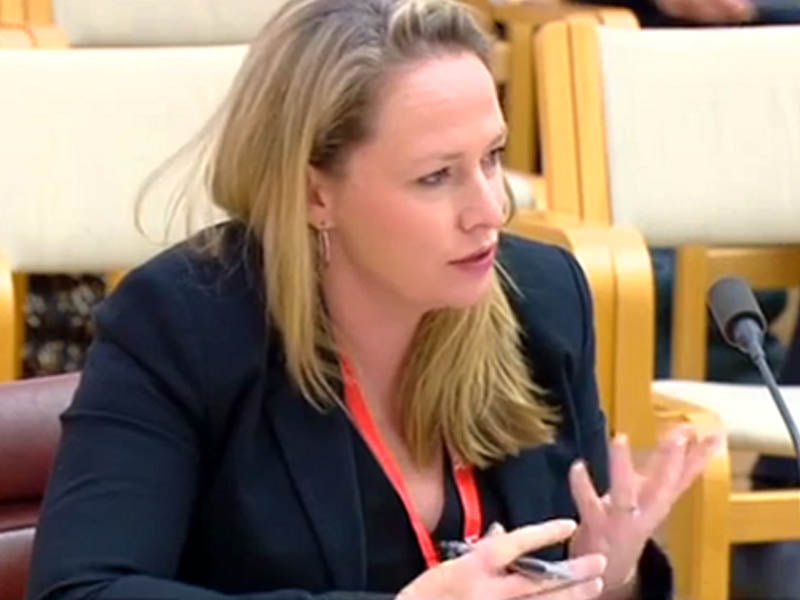New grants of up to $200,000 are on offer to foster innovation in brain cancer research and plug a funding gap for small players in the industry.
The Cure Brain Cancer Foundation has announced the new grants along with a renewed push to encourage innovators and entrepreneurs to get involved in the space.
It’s all part of the foundation’s self-described ambitious goal to increase brain cancer survival rates from 20 per cent to 50 per cent by 2023, the Cure Brain Cancer Foundation’s head of research and commercial strategy Michelle Stewart said.

“There have only been little improvements in survival over the last 30 years. We could try to do what we’re doing but nothing is happening fast enough,” Ms Stewart said. “We know that we need to innovate and be disruptive for us to see the survival increase that we want.”
“Traditional mechanisms of testing new treatments will not fit within that timeframe. We need to innovate and it’s completely necessary to compress our research timeframe and look for ideas that may apply to brain cancer that are in existence elsewhere.”
The foundation is offering grants of up to $200,000 to researchers in order to spark “innovative ideas, build capacity in brain cancer research and help improve brain cancer survival”.
The funding is open to brain cancer researchers and those operating outside of the space that think their technology or research is applicable.
Brain cancer research is an area that has seen very little innovation or new technologies in recent years, Ms Stewart said, mainly due to the conservative funding mechanisms on offer.
“The purpose of the grants is to allow people to apply for funding for ideas that don’t fit within existing paradigms,” she said.
“Currently the funding mechanisms are fairly traditional – when grants are being funded through either government schemes or philanthropic sources they support projects that have a lot of data behind them and are safe. But that means the new ideas never really get out.”
“There hasn’t been funding incentives to do that, and we want to provide that incentive and support people with great ideas.”
The grants will enable recipients to produce proof-of-concept data and establish whether ideas are feasible for ongoing funding and other grant applications.
With little successful through the status quo and a need to bring in the tech and innovation world, the foundation is taking a leap of faith, Ms Stewart said.
“We are taking greater risks and expect greater returns. We could do things the safe way and the way it has always been done, but we are prepared to take this risk,” she said.
The Foundation has also announced an early career grant of up to $115,000 to “incentivise the most promising early career researchers to work in brain cancer and build critical capacity in the field”.
Applications for the new grants close on 7 July.
Do you know more? Contact James Riley via Email.

